RESIDENTIAL PLUMBING
Your home deserves reliable plumbing you can count on. At Steve Mull Plumbing, we specialize in providing top-notch residential plumbing services to keep your household running smoothly. From fixing leaky faucets to installing new fixtures, our experienced team is here to handle all your plumbing needs with care, precision, and a commitment to quality. With over 40 years of service to the community, we’re proud to be the trusted choice for homeowners in Lebanon and beyond.
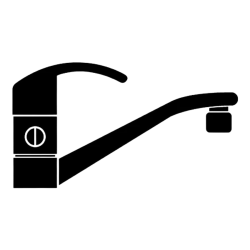
Leaky Faucets
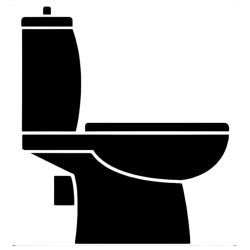
Leaky Toilet
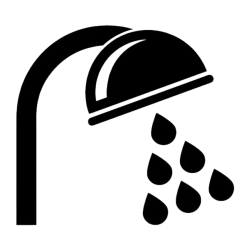
Replacement of Fixtures

Full Bath Remodels
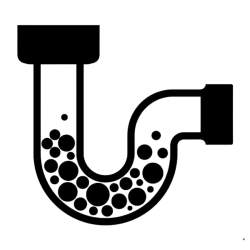
Drain Cleaning and Jetting

Sewer Inspection Camera
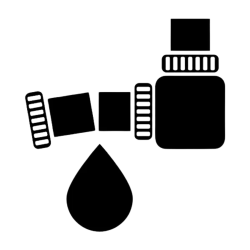
Line Replacement and Repair

Recirculating Systems
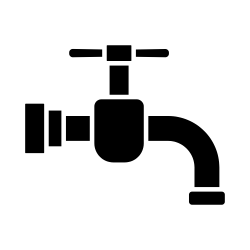
Outside Hydrant Repair and Replacement
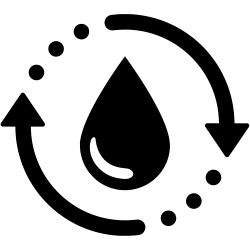
Water Filtration Systems
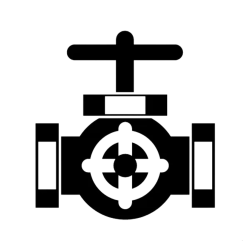
Gas Piping

New Home Plumbing System Design and Installation
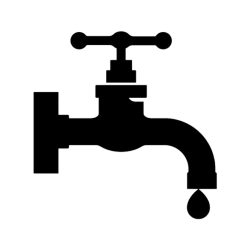
Backflow Prevention Testing and Repair
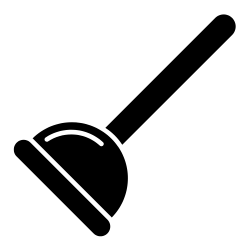
Any and All Plumbing Needs
WATER HEATERS… REPAIR OR REPLACE?
WATER HEATERS… REPAIR OR REPLACE?
When your tub or shower runs cold, it’s a clear sign to check your water heater. Even newer models can occasionally malfunction, sometimes requiring just a simple repair. However, if your water heater is over a decade old, it might be time for a replacement. Whether you need a quick fix or a new installation, trust Steve Mull Plumbing to diagnose the issue and provide the solution you need.
Let’s take a closer look at water heaters and how they work. First, a tank water heater sits on the floor in a drip pan. It stores water heated by an internal heat source and provides hot water throughout the home. These heaters are often bulky and typically located in basements or utility rooms.
In contrast, tankless water heaters are mounted near proper ventilation and water pipes. They are securely attached to wall studs or wallboard using screws and resemble an electrical box. Unlike tank models, they heat water on demand through a heat transfer system, without storing any hot water.
Understanding the type of water heater in your home can make it easier to communicate with your plumber and address any issues efficiently.
Sometimes, replacing a system is more practical than repairing it, and other times, repair makes more sense. Key factors to consider include:
- The age of the unit
- The nature of the problem
- Potential energy savings
The Age of the Unit
A tank water heater typically lasts at least eight years. If the pilot light won’t stay on, the tank leaks, or the water isn’t hot enough after this time, replacement may be necessary. Additionally, a broken dip tube can prevent the tank from heating water effectively.
Energy Savings
Even if your water heater operates after eight years, replacement might still be worthwhile. Over time, sediment buildup and leaks can cause the unit to use more energy. Replacing an aging conventional water heater with an energy-efficient tankless model can significantly reduce energy costs and improve performance.
Every problem has a solution, and water heaters are no exception. While these systems may seem complex, many issues can be resolved with simple repairs.
Common Problems with Conventional Tank Water Heaters
Conventional tank water heaters often face issues such as pressure valve failure, leaks, pilot light failure, or exhaust leaks. Exhaust leaks can be particularly dangerous, as they may lead to carbon monoxide poisoning. If you suspect an exhaust leak, immediately turn off the gas at the tank and contact a professional.
Challenges with Tankless Water Heaters
Despite their energy efficiency, tankless water heaters can also encounter problems. A plugged water filter or a gas line that’s too small can affect performance. Proper gas pressure is crucial for the system to generate enough internal heat. In some cases, a gas pressure issue may simply be due to an unpaid gas bill.
Thankfully, some problems are easy to fix. For example, cleaning a plugged water filter is straightforward. Turn off the cold and hot water valves, unscrew the filter, and clean it with a brush and dish detergent. Regular maintenance like this can keep your tankless water heater running smoothly.